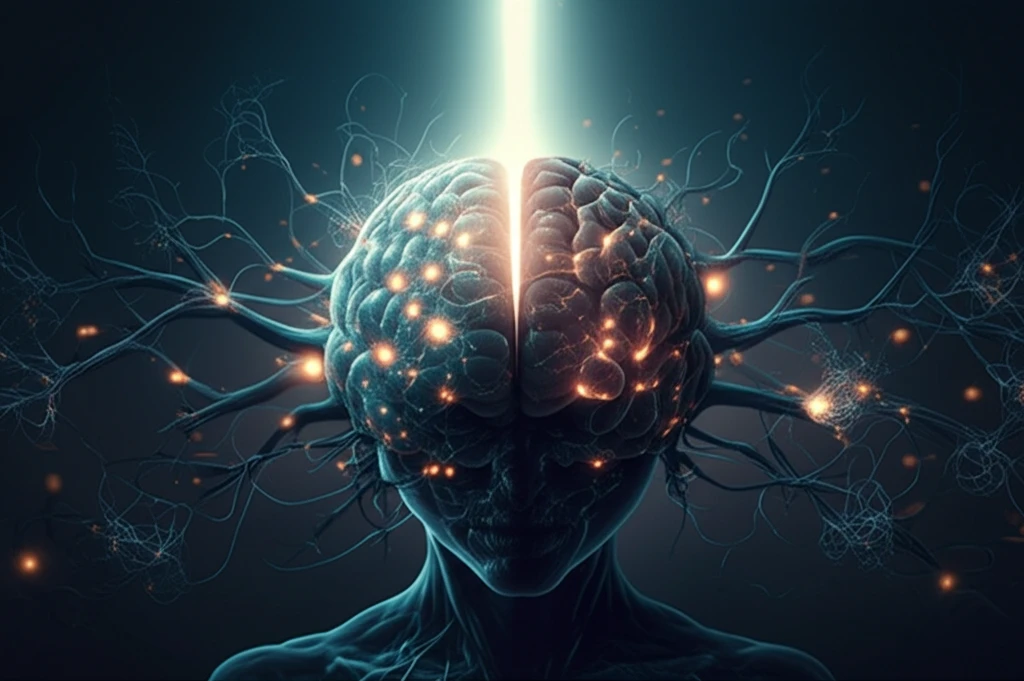
Schizophrenia and the Brain: Unlocking the Mystery of Deficit Syndrome
"New research explores the link between brain-derived neurotrophic factor (BDNF) levels and the severity of schizophrenia's negative symptoms, offering potential insights into targeted treatments."
Schizophrenia, a complex and often misunderstood brain disorder, affects approximately 1% of the global population. While its diverse symptoms and experiences vary widely from person to person, it is widely characterised by a significant impact on an individual's thoughts, feelings, and behaviours. Historically, attempts have been made to classify distinct subtypes of schizophrenia to better understand its heterogeneity.
One such effort led to the identification of 'deficit syndrome' (DS) within schizophrenia. Characterized by enduring and prominent negative symptoms, such as diminished emotional expression, reduced speech, and a lack of motivation, DS represents a particularly challenging form of the illness. What sets DS apart is the persistence of these negative symptoms, even during periods when positive symptoms (like hallucinations or delusions) may be under control.
Now, ground breaking research is shedding light on the potential biological underpinnings of deficit syndrome. Scientists have focused on a crucial protein called brain-derived neurotrophic factor (BDNF), which plays a vital role in brain health and function. Studies suggest that individuals with DS may have lower levels of BDNF in their bloodstream compared to those with other forms of schizophrenia or healthy individuals. This article will explore these findings, discussing their implications for understanding and potentially treating this severe form of schizophrenia.
What is Brain-Derived Neurotrophic Factor (BDNF) and Why Does it Matter?

Brain-Derived Neurotrophic Factor (BDNF) is a protein that encourages the development of neurones and synapses which promotes neural plasticity. This neurotrophin is significant in both physiological brain functions, where it supports memory, learning, and mood regulation, and in neuropathological conditions.
- Supports neuronal survival and growth.
- Plays a critical role in synaptic plasticity, essential for learning and memory.
- Modulates mood and emotional regulation.
- Emerging evidence links BDNF to the pathophysiology of various psychiatric disorders.
Looking Ahead: The Future of BDNF Research in Schizophrenia
The exploration of BDNF's role in deficit schizophrenia is still in its early stages, but the existing research offers a promising avenue for future investigation. Further studies with larger patient samples and more comprehensive assessments are needed to fully understand the relationship between BDNF levels and the various clinical manifestations of schizophrenia. Ultimately, this research could lead to the development of novel treatments that target BDNF pathways, offering hope for improved outcomes and a better quality of life for individuals living with this complex and challenging condition.
